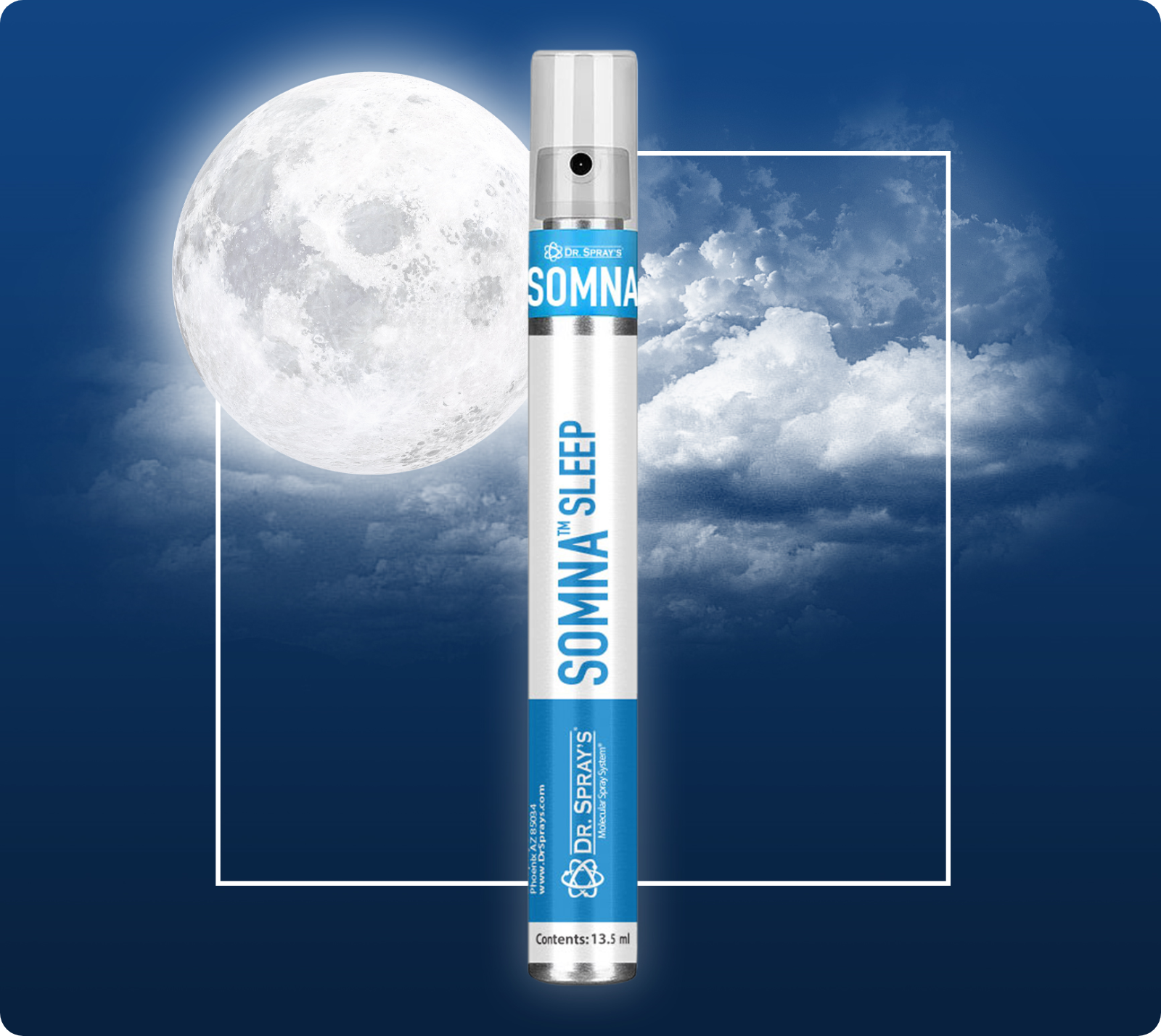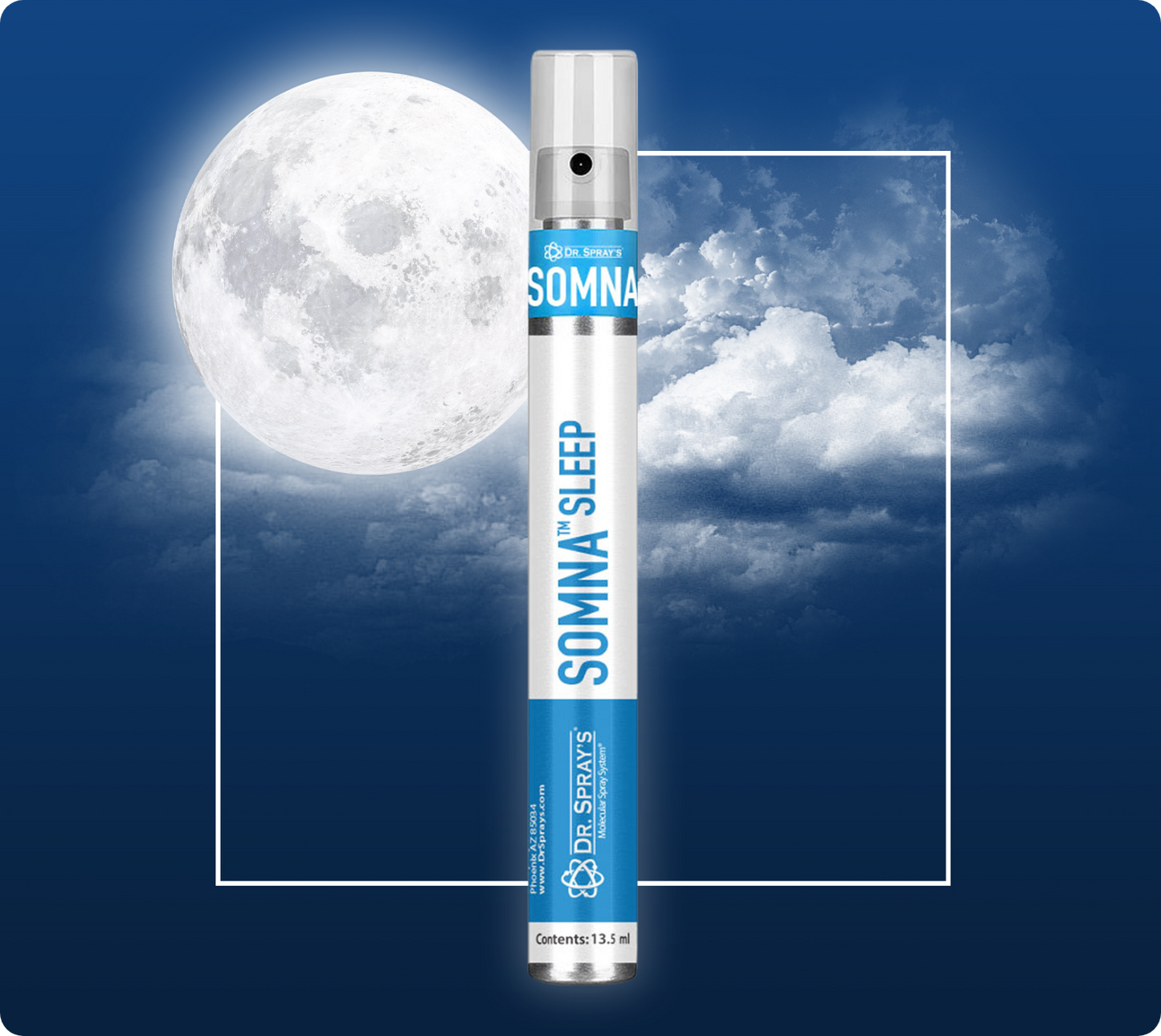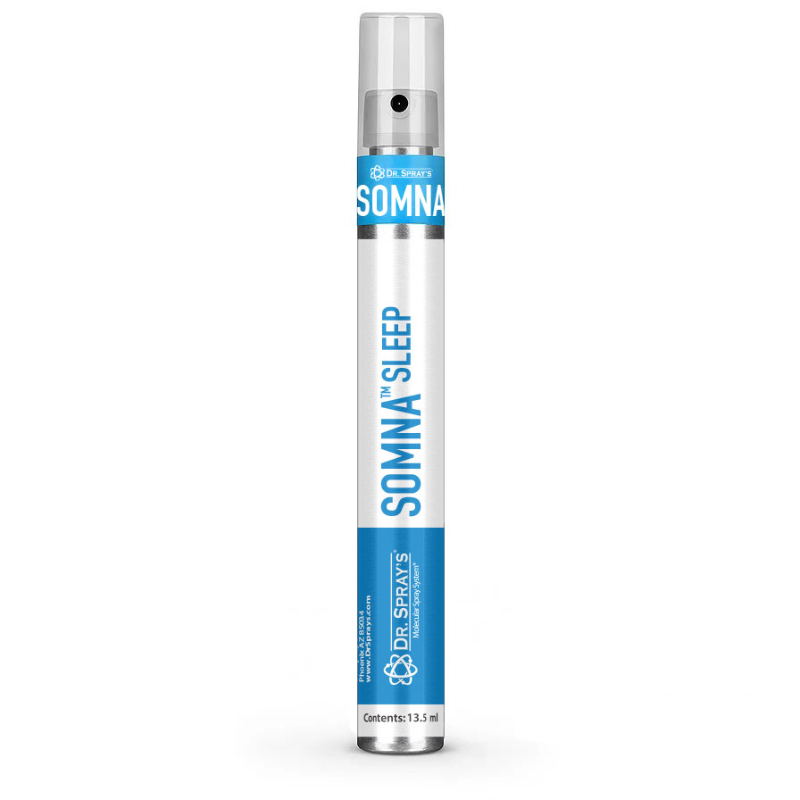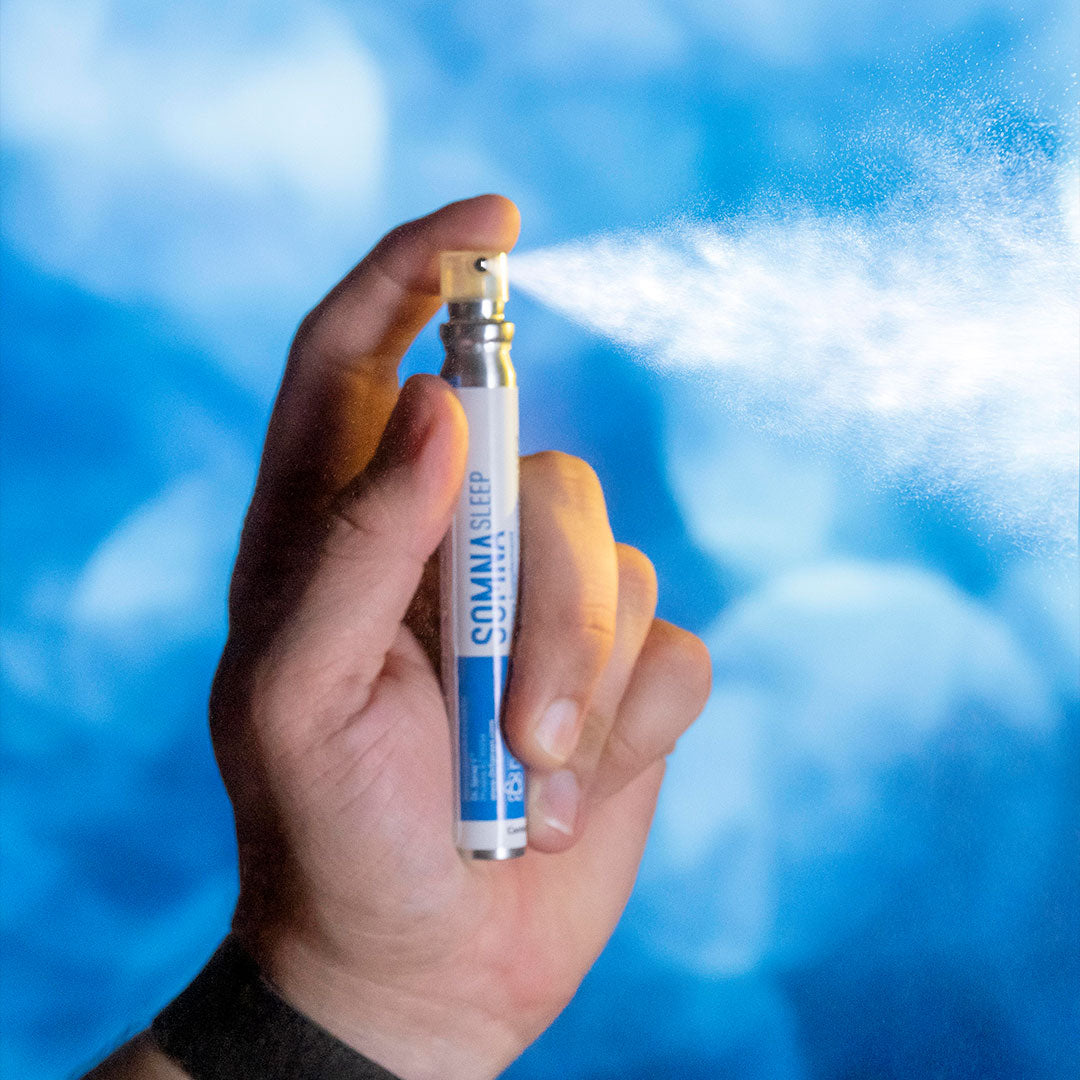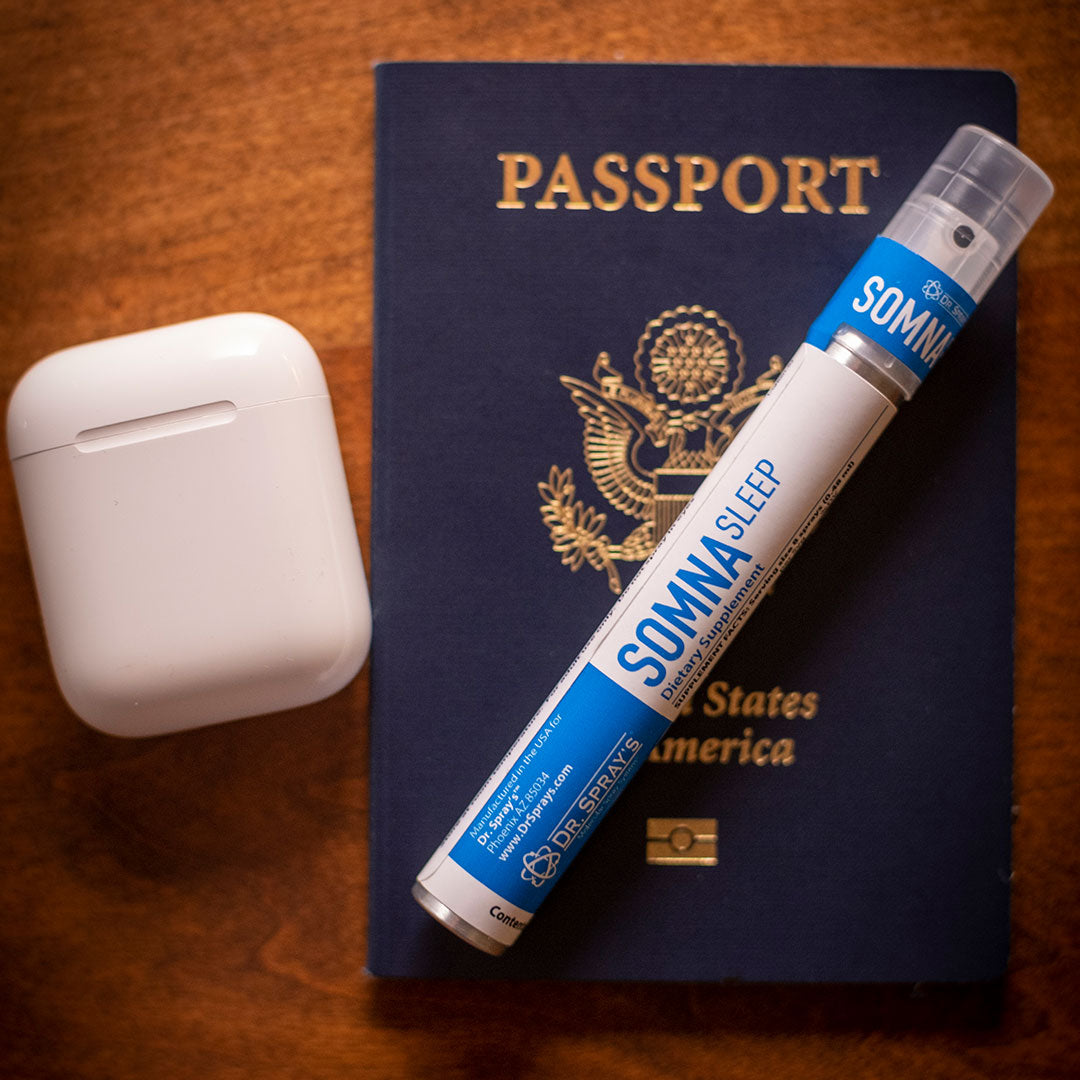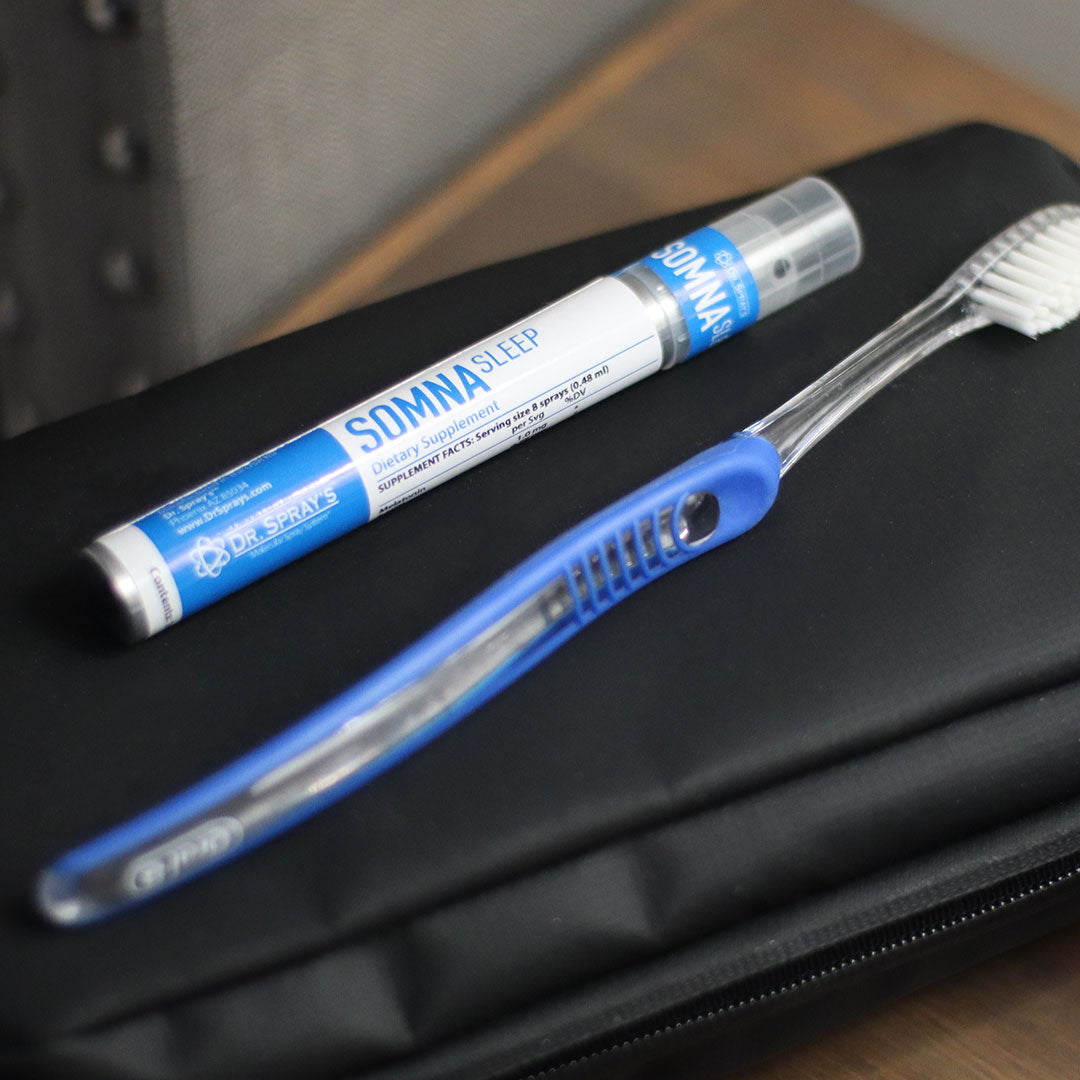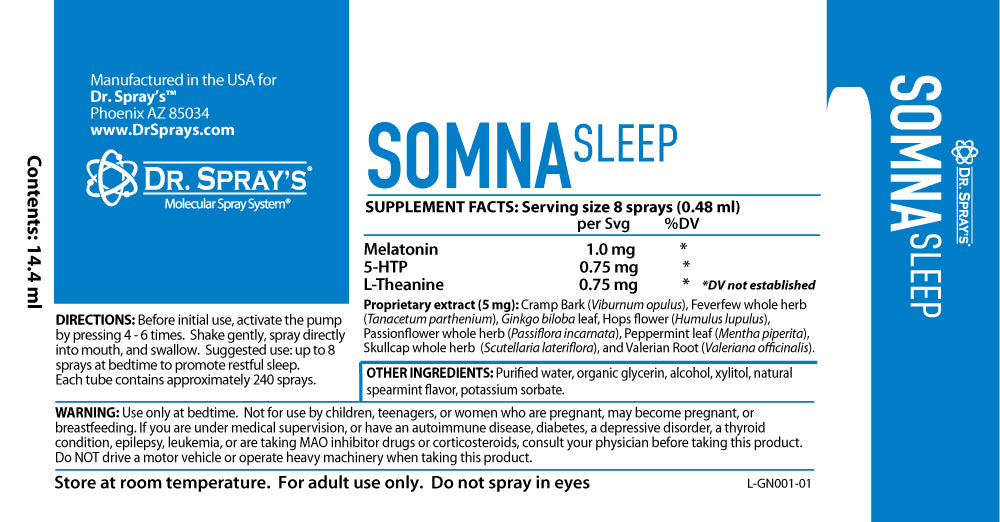Yes, sleep aid is safe to take for most people. If you have any concerns about a particular sleep aid, please consult your doctor or pharmacist.
If you're one of the millions of Americans who has trouble sleeping, you may be considering taking a sleep aid. Sleep aids are medications that help you fall asleep and stay asleep. They're designed for people who have difficulty falling asleep or staying asleep.
While sleep aids can be effective, it's important to be aware of the potential risks involved with taking them. Sleep aids can cause side effects like drowsiness, dry mouth, and dizziness. They can also interact with other medications you're taking.
If you're considering taking a sleep aid, it's important to talk to your doctor about the risks and benefits. Only your doctor can determine if a sleep aid is right for you.
Some common OTC sleep aids include antihistamines like diphenhydramine (found in brands like Benadryl) and doxylamine (found in brands like Unisom). These medicines work by blocking histamine, a chemical that promotes wakefulness. Antihistamines can cause drowsiness, but they can also have side effects like dry mouth, constipation, and urinary retention.
Another common type of sleep aid is melatonin. Melatonin is a hormone that helps regulate the body's circadian rhythms (the body's internal clock). Melatonin supplements can be used to help people who have trouble falling asleep or who need to adjust their sleep schedule (for example, people who work the night shift). Melatonin is generally considered safe, but it can cause side effects like headaches and dizziness.
There are also prescription sleep aids that contain drugs like zolpidem (Ambien) and eszopiclone (Lunesta). These medications work by affecting the brain's neurotransmitters (chemicals that transmit messages between nerve cells). Ambien and Lunesta are generally considered safe when used as directed, but they can cause side effects like drowsiness, headache, and nausea. They can also be habit-forming.
In general, sleep aids are safe to take when used as directed. However, it is important to talk to your doctor before taking any medication, even an OTC medication. This is because medications can interact with each other and with other medical conditions. Your doctor will be able to determine whether a sleep aid is safe for you to take and will help you choose the best option for your needs.


